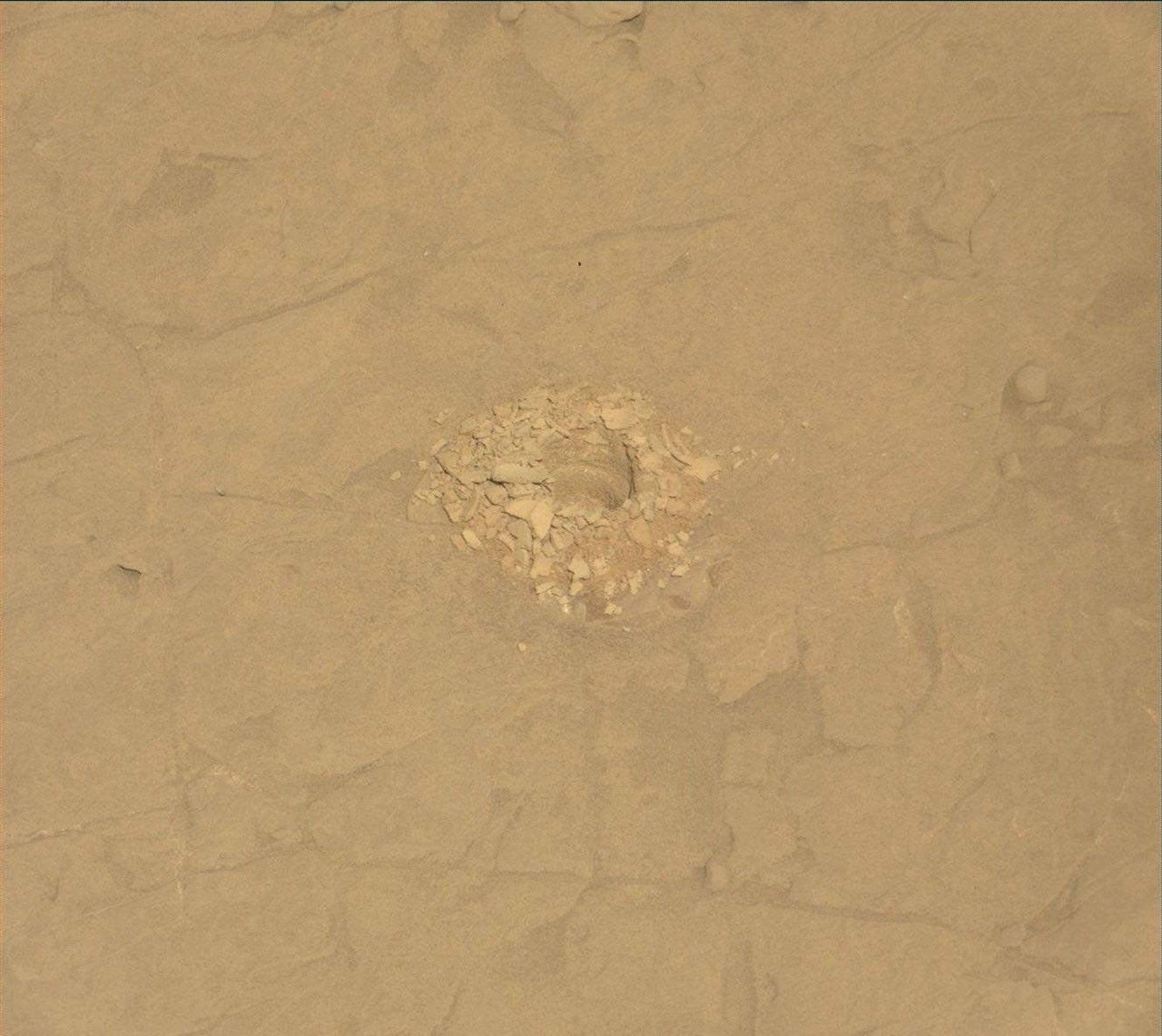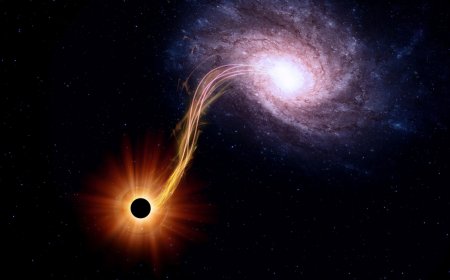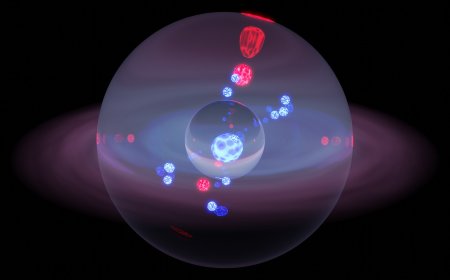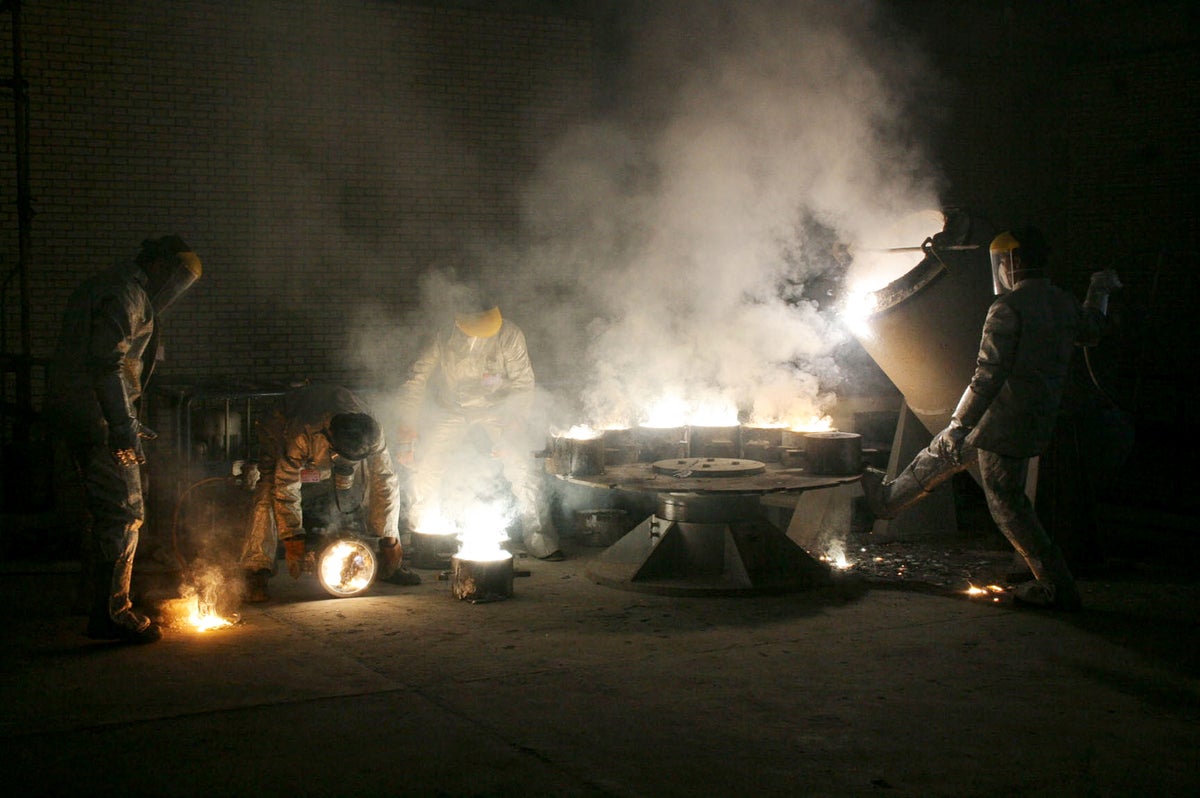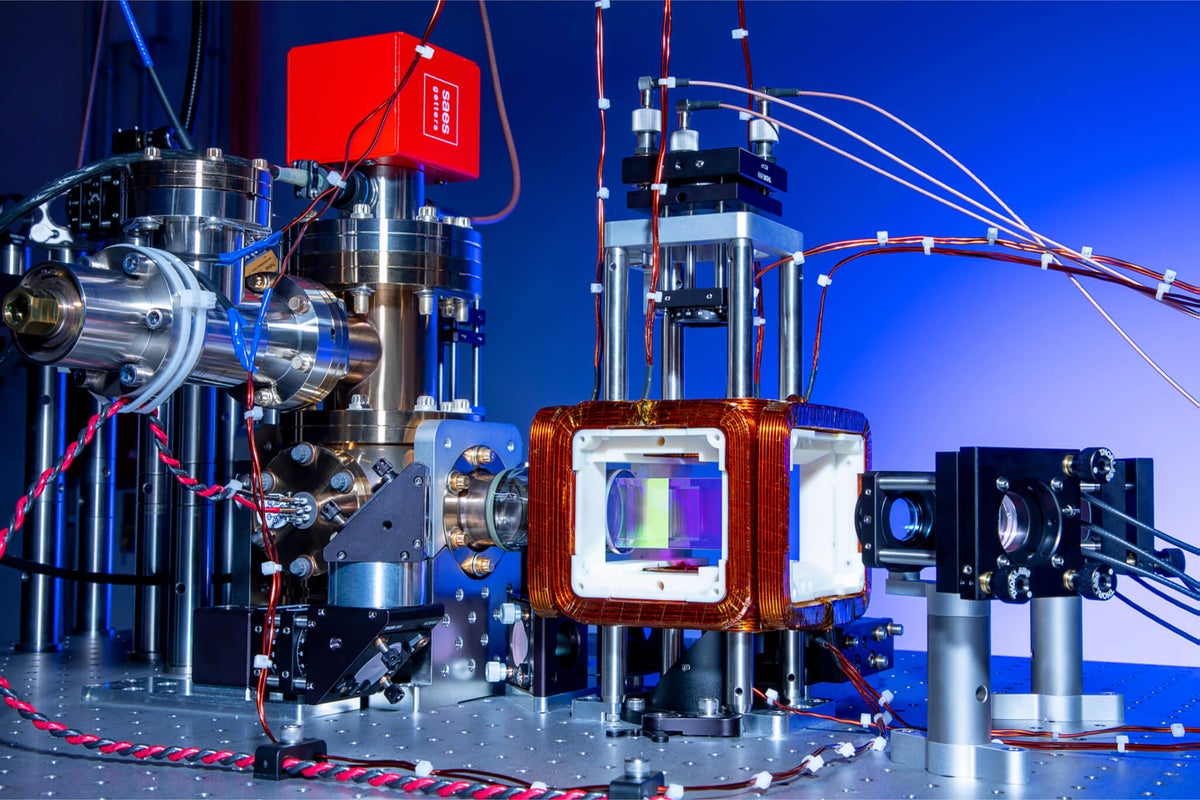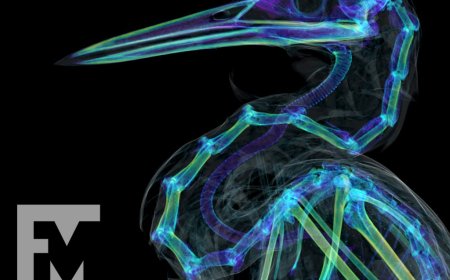Antimatter Behaves Like Matter, Confirming Einstein's Theory of Gravity
Scientists confirmed gravity attracts antimatter to Earth, aligning with Einstein's principle. Antimatter fell like matter, a significant step in understanding antimatter's behavior and its interaction with gravity.
In a groundbreaking experiment, scientists conducted a unique investigation involving antihydrogen atoms, observing their descent and concluding that gravity, contrary to repelling antimatter, actually attracts it toward Earth. This discovery serves as a confirmation of a fundamental aspect of Albert Einstein's general theory of relativity known as the weak equivalence principle. According to this principle, gravity exerts an equal force on all objects, regardless of their composition. Physicist Ruggero Caravita, who was not part of this new study, emphasized the central role of this concept in our understanding of gravitational phenomena.
Antimatter is essentially the counterpart of conventional matter, sharing the same mass but bearing an opposite electric charge. For instance, the antiparticle of an electron is the positively charged positron, while the antiproton serves as the counterpart to a proton, carrying a negative charge, and so forth.
One of the early accounts of Galileo's scientific endeavors highlights his renowned experiment involving the release of iron balls with varying weights from the summit of the iconic Leaning Tower of Pisa. Galileo's aim was to demonstrate that all objects descended at the same rate, irrespective of their mass.
Historically Aristotle's scientific framework proposed that objects fell to Earth because they were inherently driven to reach their designated natural locations. Several experiments were conducted at various locations with matter. However the experiment with antimatter had never been conducted until now.
Although physicists did not anticipate antimatter falling upward, some researchers had proposed the possibility of antimatter falling with a slightly different acceleration than regular matter. Caravita, representing the AEgIS collaboration at CERN, stressed that even the slightest difference would indicate the presence of new and unexplored phenomena. While the current experiment lacks the precision to detect such subtle distinctions, future tests employing innovative techniques, such as cooling antihydrogen atoms with lasers, could potentially enhance the accuracy of these investigations. This ongoing research aims to elucidate whether gravity maintains its impartiality when it comes to matter and antimatter.
Questions or comments on this article? E-mail us at news@sciencex.in
Source:
E.K. Anderson et al. Observation of the effect of gravity on the motion of antimatter. Nature. Vol. 621, September 28, 2023, p. 716
Credit:
Video: Keyi "Onyx" Li/U.S. National Science Foundation
What's Your Reaction?







